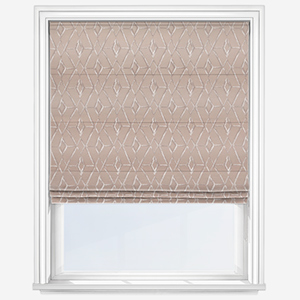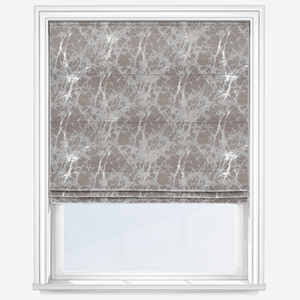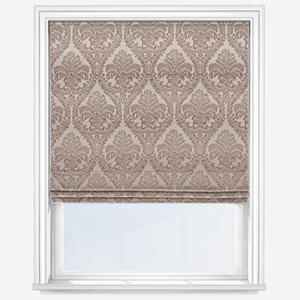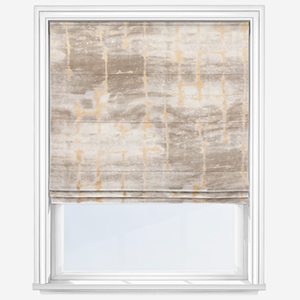
Rome To Rio: Italian-Inspired Interior Design
Welcome to a new blog series titled Rome to Rio. Each month we’ll be looking at different design trends from around the world and where better to start than in Italy!
Rome to Rio
I put it to you that no country on earth is as closely associated with style and design as Italy. The finest food, the most fashionable clothing and the most desired motorcars on earth have been created on this small peninsula and for obvious reasons, we seek la dolce vita in many aspects of our lives.
While a bespoke Valentino dress or top of the range Ferrari (or indeed even a second hand one) may be unattainable for most of us, you can achieve an Italian elegance in your home without needing the budget required for the Sistine Chapel.
The philosophy of Italian design
If your first thought about Italian-inspired interior design leaps to the renaissance palaces of the Medici and Sforza, please pause for a moment.
The objective of this blog is to achieve the simplistic elegance of the Italian people and not only reflect the décor of this nation, but the philosophy that underpins many facets of local life.
Take cuisine as an example. Where the French will faff with food, the Italians take a few beautiful local ingredients and make something easy and delicious – no fuss, no fanciness; just fantastic food. It is this attitude we want to utilise in our homes.
The word we want to capture the essence of is sprezzatura. First used in Baldassare Castiglione’s 1528 The Book of the Courtier, it is defined as “a certain nonchalance”. Think Gianni Agnelli’s daily attire – its carefully considered but intended to look like it was just thrown together and “accidentally” stylish.
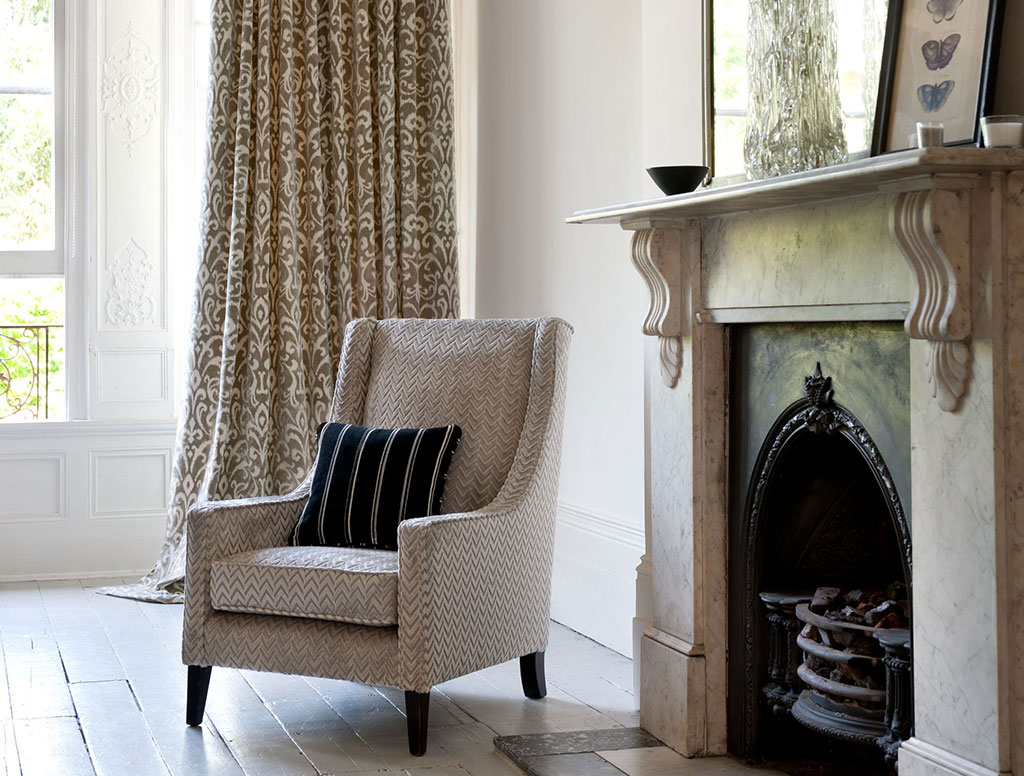
Start with a neutral palate
Because we can incorporate a range of different items in this school of design, it is wise to start with a neutral colour base. For your walls, start with off whites or creams – from this base we can start to develop an elegant and stylish space.
With a neutral foundation you can start to introduce colours ranging from rich jewel tones to terracotta – a colour not found in many schools of design but inherently Italian.
Perfect ways to incorporate colour into this trend is through lampshades and window dressings. These items will beautifully interact with light, muting the glow and adding a warming effect to your home while remaining stylish and elegant.
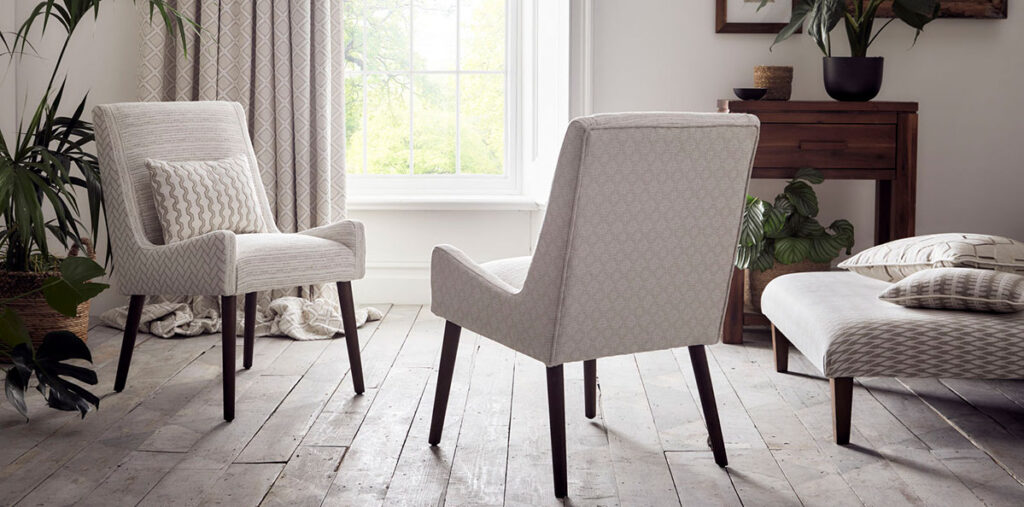
Be cautious with patterns
Patterns are a popular component for many designers but should be used sparingly sparingly – if at all – in an Italian-inspired design. To use patterns to your advantage and maintain an Italian cool, avoid bold patterns, instead opting for more subtle options including brocades or jacquard in neutral tones.
Since the days of ancient Rome, marble has been a material synonymous with the region. While grand pillars and statues of ancestors might not have a place in the modern home, the intricate patterning found in this material can be replicated in a 21st century homes. Why not consider an elegant, appropriately named, Roman blind to add such an effect?
As an alternative to bold pattern, consider the inherent nature of the materials you use. Whether it’s the luxurious leather of a beautiful sofa, the sophisticated texture of a silk lampshade or elegant linen curtains, material is your ally in achieving your objectives.
Shape and form should be considered too. Imagine the elegant swirls and fluid shapes of Italian furniture – you can emulate such effects with patterns like paisley, especially in a soft tone. You can find some example Roman Blind products below.
Mixing the old with the new
Italy is an intricate patchwork of formerly different city states, with each maintaining its own distinct character. Moreover, with a history stretching more than 2,000 years, there are inhabited buildings that are centuries old. As a result, Italian homes can be anything from medieval to post war and there is a growing appreciation for mixing the old with the new.
If you take time to consider your options, you too can enjoy a symbiotic balancing between old and new. For example, if your home is a barn conversion or and old farmhouse, consider using a Roman blind or vertical blind to add a modern twist to your space. When using a neutral colour, it will be particularly effective.
With even a cursory glance at the products we craft you’ll notice references to Italy all over the place. Why not start your Italian-inspired space with a Roman or Venetian blind for your window and work inwards? All our blinds – named after Italian cities or not – are made-to-measure to your exact specifications here in the heart of Yorkshire. Take a look at our additional Rome to Rio instalments, French Inspired Interior Design, and Interiors of the Iberian Peninsula for some design inspiration from our European neighbours!


